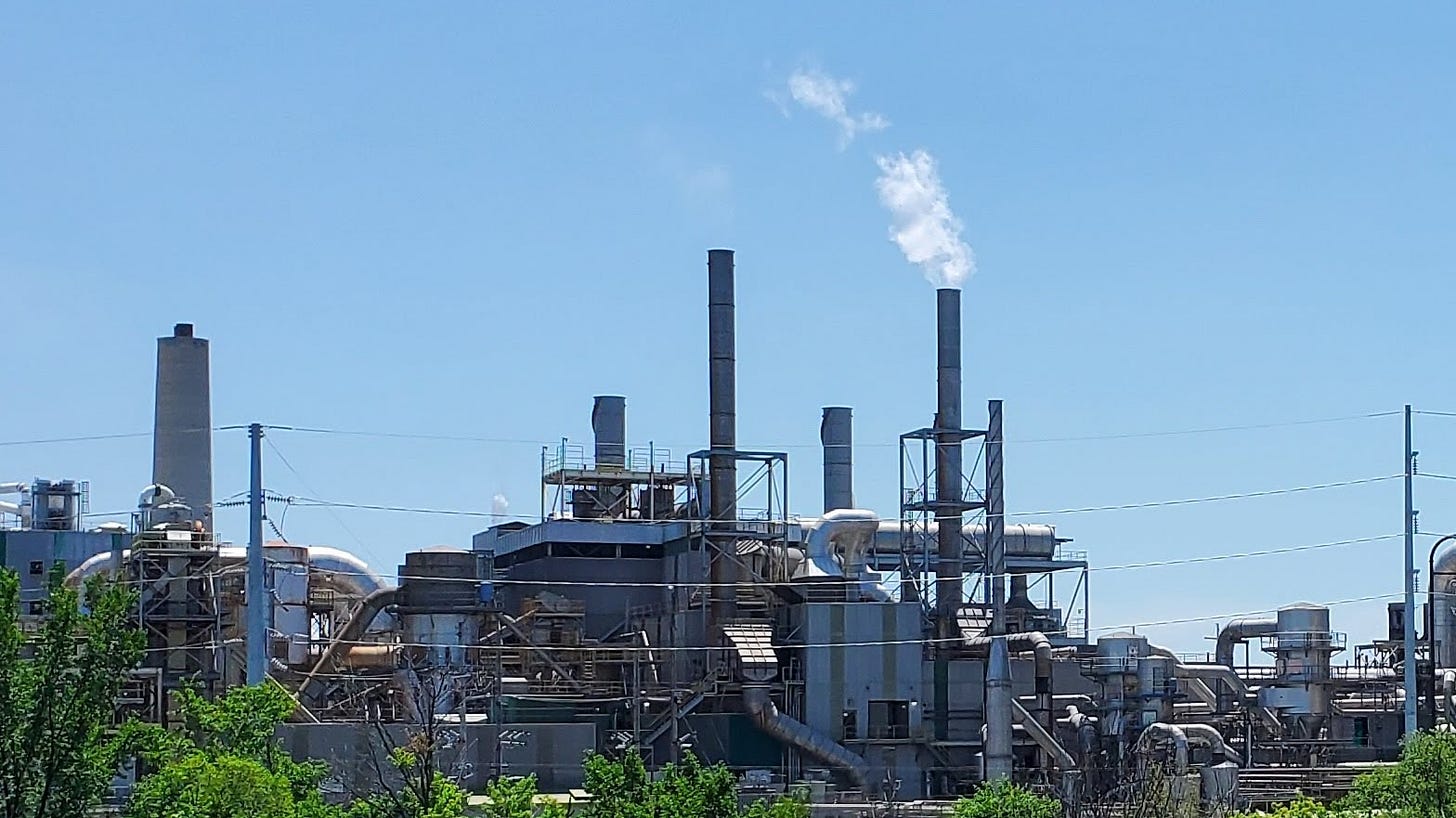Eat your own cooking
On combustible Teslas, management fast-tracks, and why it's a really good idea for people to experience the consequences of their own product development
The people behind product development should always have some exposure to how their work actually performs in the real world. It is extremely hard, and perhaps impossible altogether, to build a great end product without first-hand exposure to how it is used in the field.
■ This observation can, of course, be taken too far: Plenty of firms have only ever put engineers and product developers on the fast track to management. That's not always the right decision; a well-integrated firm can make use of talent from many different departments. And management itself is a discipline, so even those who cross over from other disciplines need to learn how to be good managers if they want to thrive.
■ But it's also a huge mistake to divorce production from the customer experience. Google has filled a virtual graveyard with abandoned products, and the ruthlessness of its killing undoubtedly has some effect on whether customers trust them with future products. Salt water apparently can turn Teslas into fire-starters and Facebook's "metaverse" ambitions were kneecapped because people found Mark Zuckerberg's virtual avatar unsettling.
■ It's not for nothing that "We eat our own cooking" is a phrase intended to cultivate customer trust. Those who experience their own consequences may not be better-equipped to imagine great new possibilities than those for whom a product is more of an abstraction, but they are much better-positioned to experience the pain of their own errors and oversights and to be motivated to fix them.



